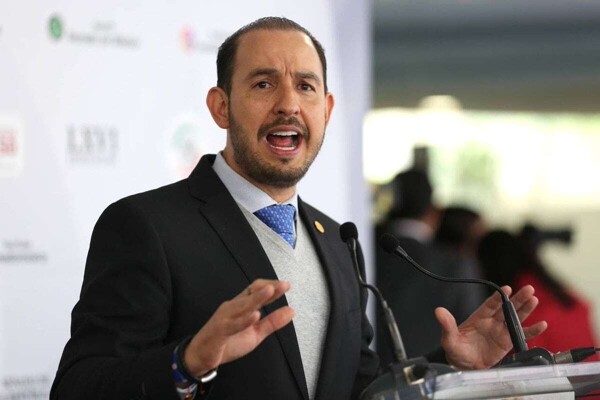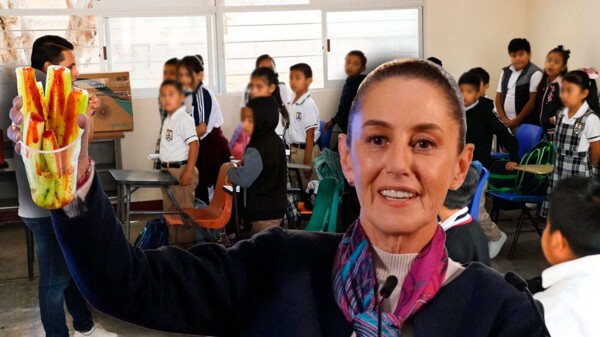
The Superior Chamber of the Electoral Tribunal of the Judicial Power of the Federation (TEPJF) has made a majority decision determining that, despite the suspension of amparo in opposition to the judicial reform, the National Electoral Institute (INE) must proceed with the organization of the electoral process to select judges, magistrates, and ministers by popular vote. This resolution was proposed by Judge Felipe de la Mata and supported by President Judge Mónica Soto and Judge Felipe Alfredo Fuentes Barrera.
In the debate, it was discussed whether the TEPJF had the competence to intervene in the suspension of the popular election process for judges. Judge Janine Otálora Malassis and Judge Reyes Rodríguez Mondragón voted against De la Mata's proposal. Otálora Malassis argued that the discussion should be postponed until the Supreme Court of Justice of the Nation resolved the matters related to the case, citing precedents from previous years where it was opted to wait for the SCJN's decision before pronouncing.
For his part, Reyes Rodríguez Mondragón considered that the declaratory action presented was inadmissible and that the TEPJF did not have the competence to issue a statement regarding the suspensions dictated by District judges concerning the judicial reform. He claimed that approving De la Mata's proposal would mean an excess of TEPJF’s powers and an invasion into the competential sphere of other judicial bodies.
The discussion focused on the fact that the decision of the Superior Chamber would not seek to revoke the suspensions granted by District judges, but in practice, it would imply rendering those suspensions ineffective, which would exceed the tribunal's competence. Judge De la Mata maintained that it was urgent to resolve the case to guarantee citizens' right to vote, while launching an attack on the amparo judges, arguing that they did not have competence to intervene in electoral matters.
Ultimately, the Superior Chamber of the TEPJF concluded that the suspension of the electoral process by the INE to elect judges by popular vote is "constitutionally unfeasible," emphasizing that the ruling would not modify the suspensions issued by the amparo judges. The debate continued around the tribunal's competence to pronounce on this matter, while Judge De la Mata defended the urgency of the resolution in order to guarantee citizens' right to vote.














